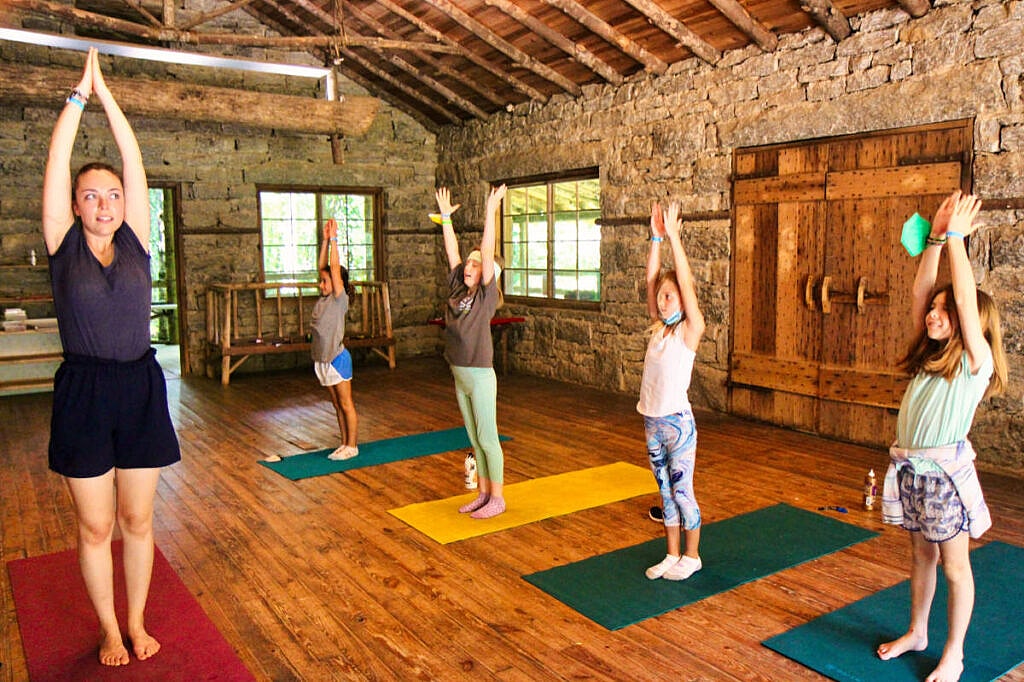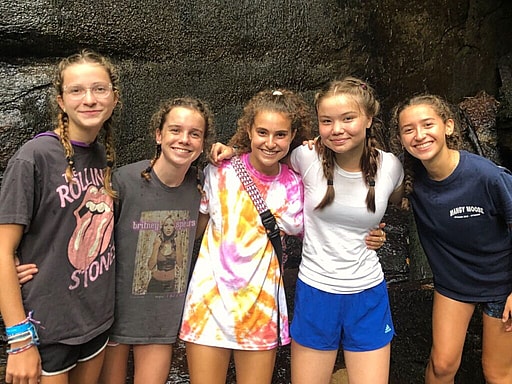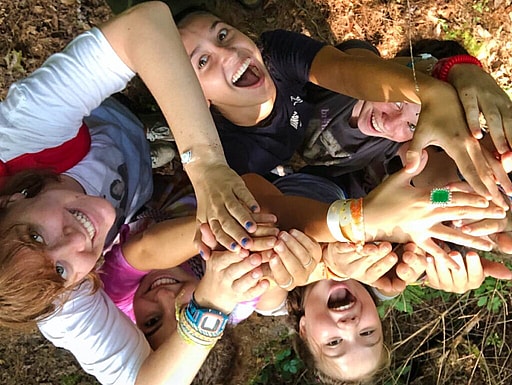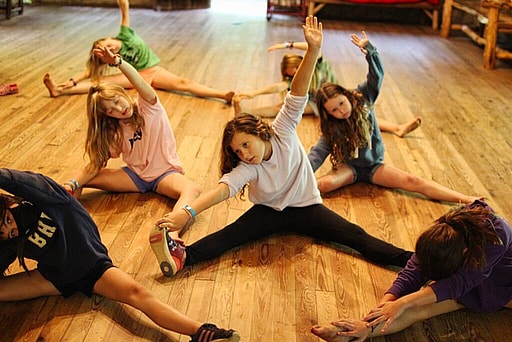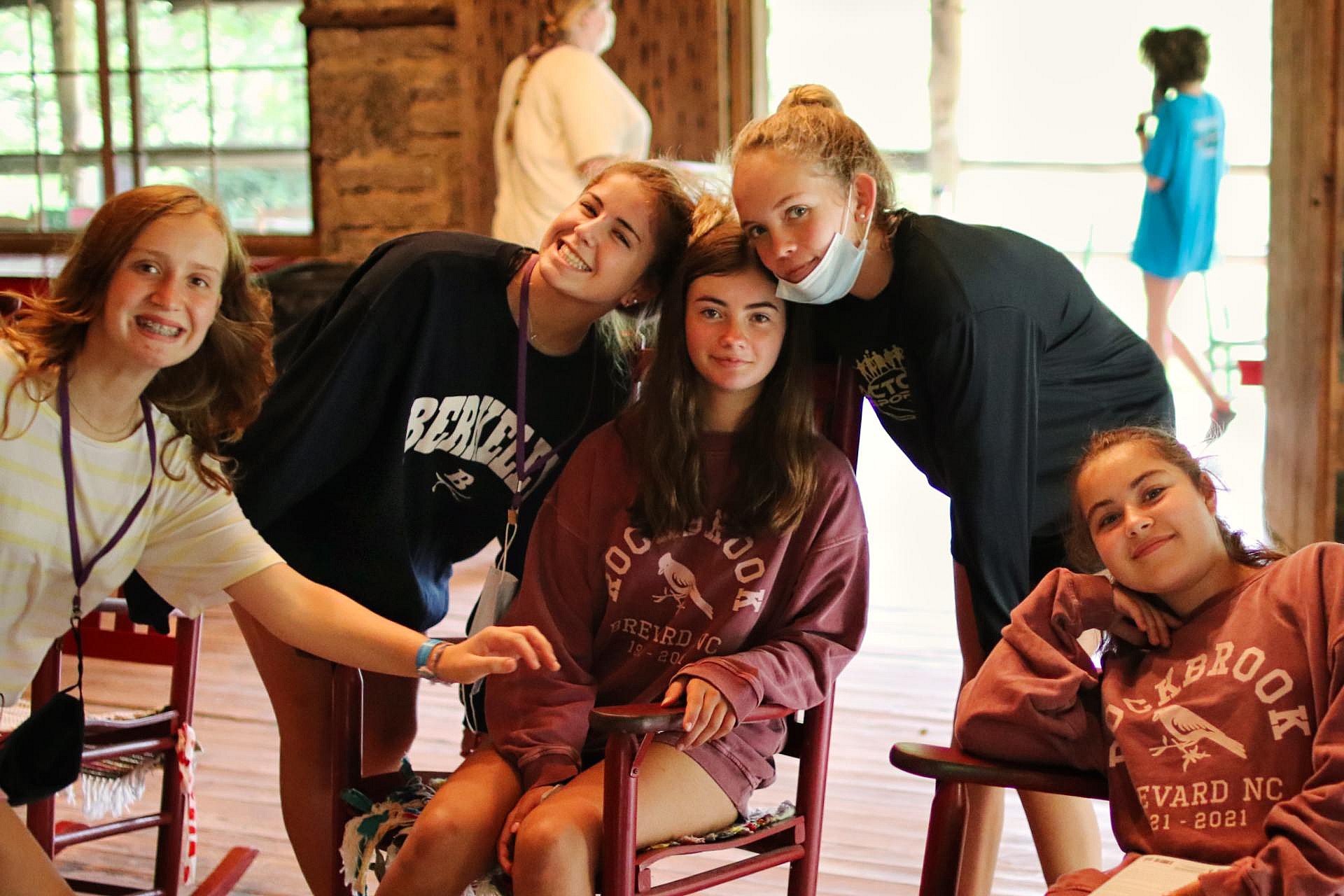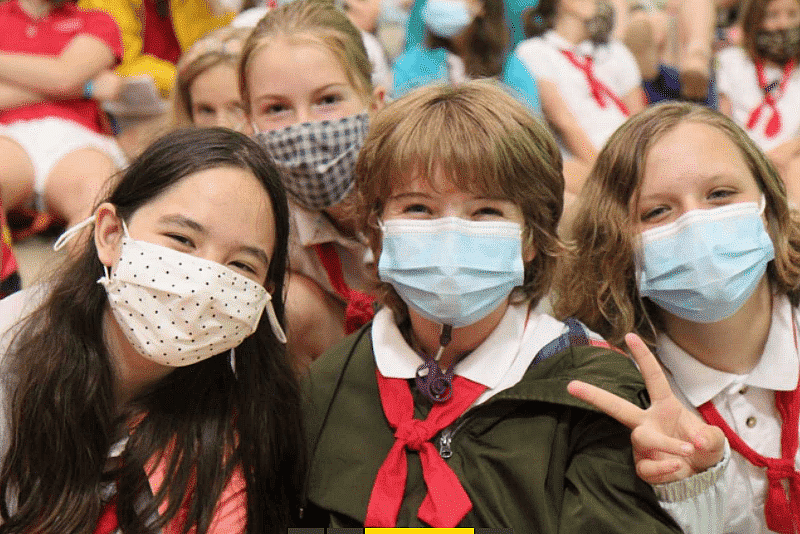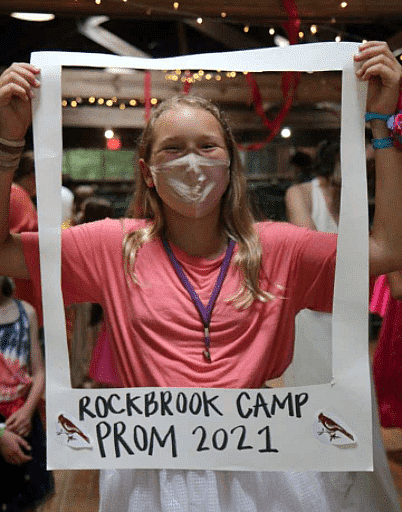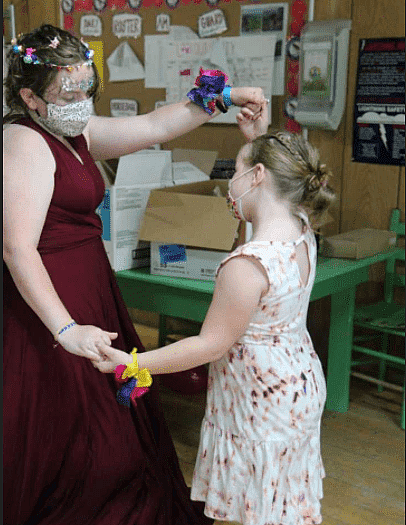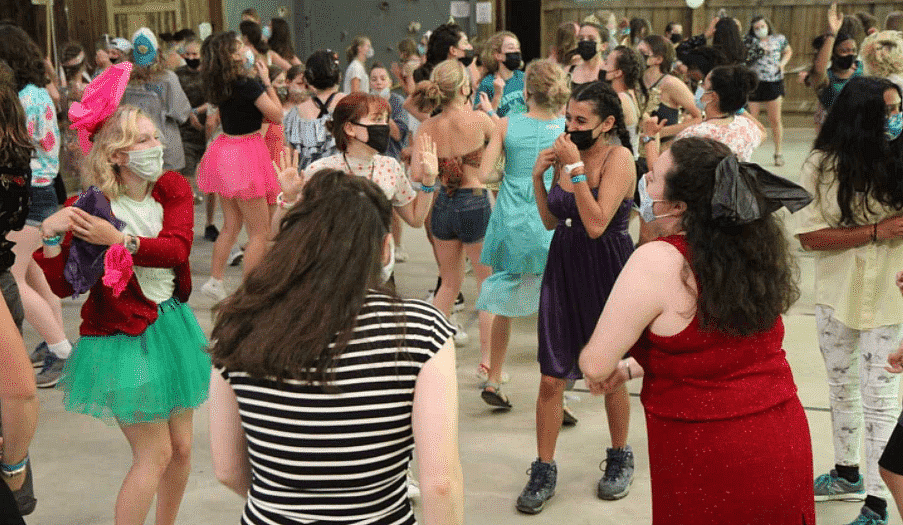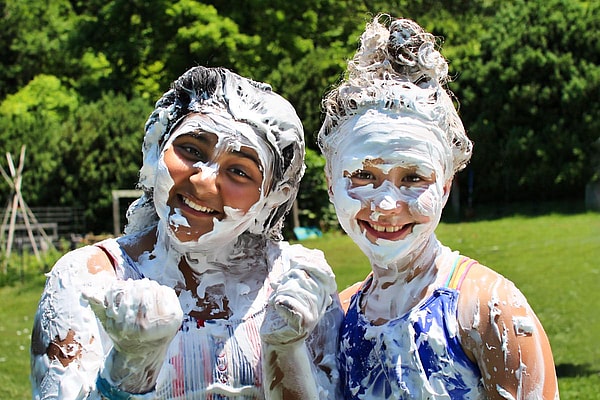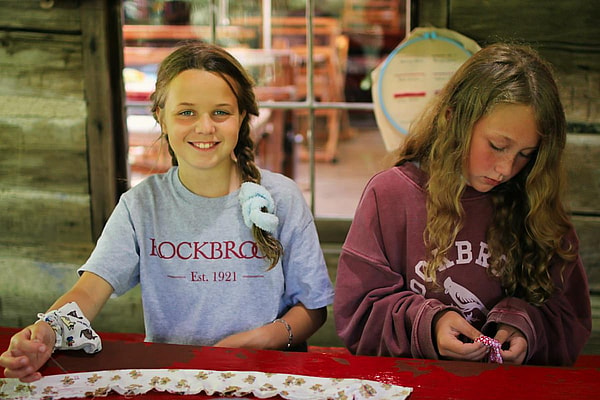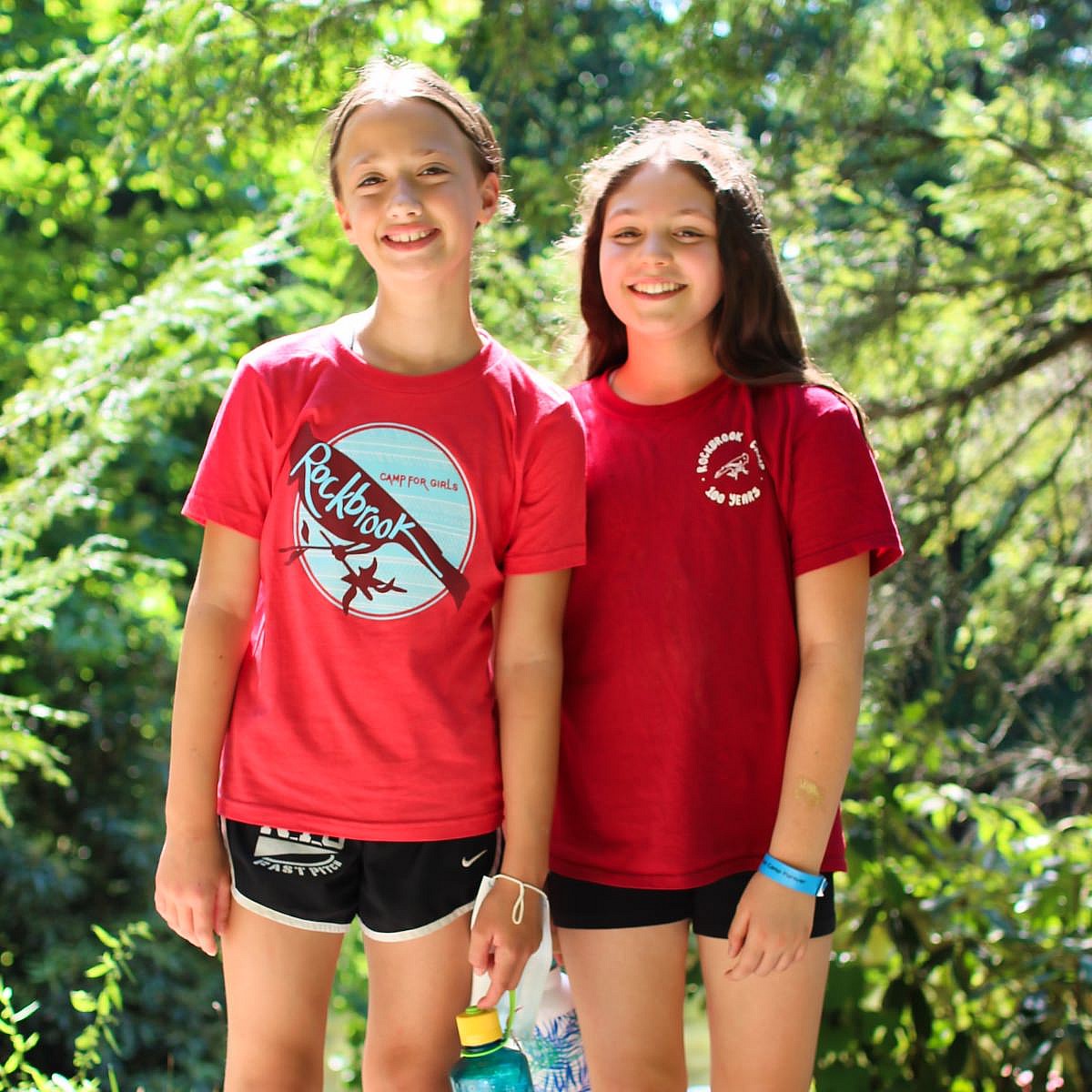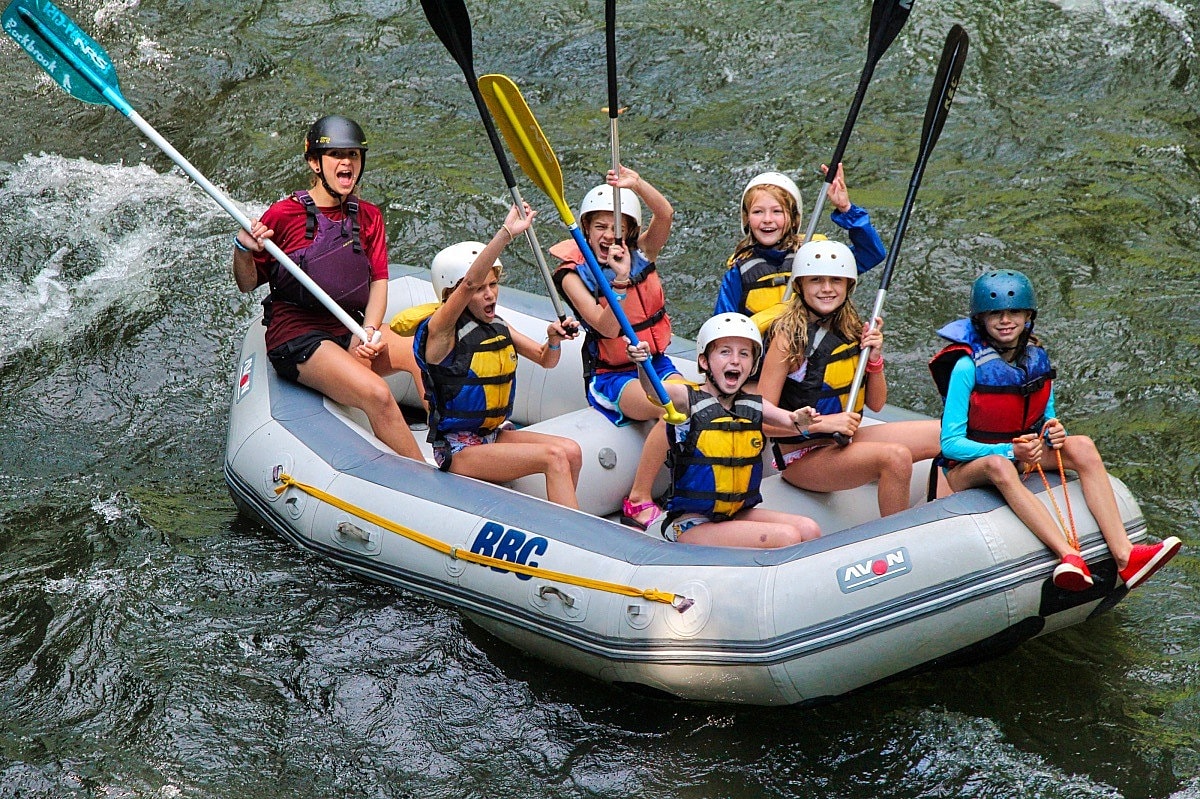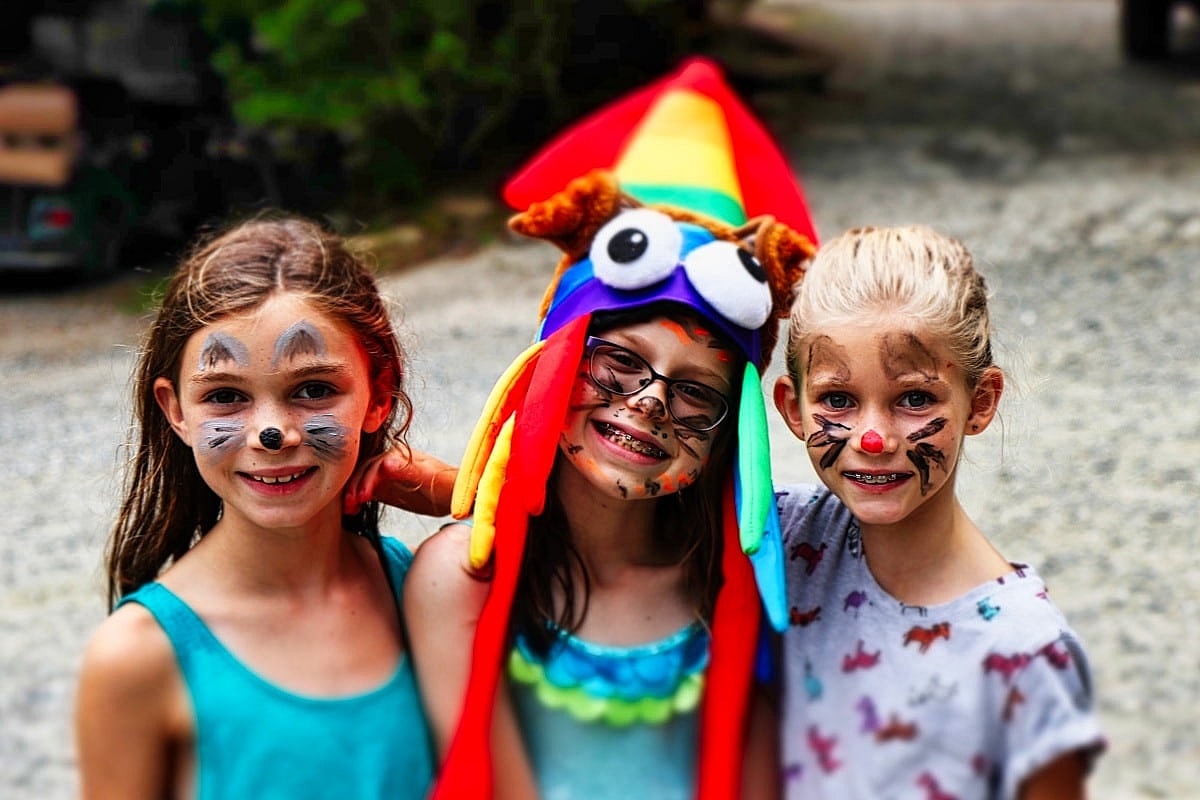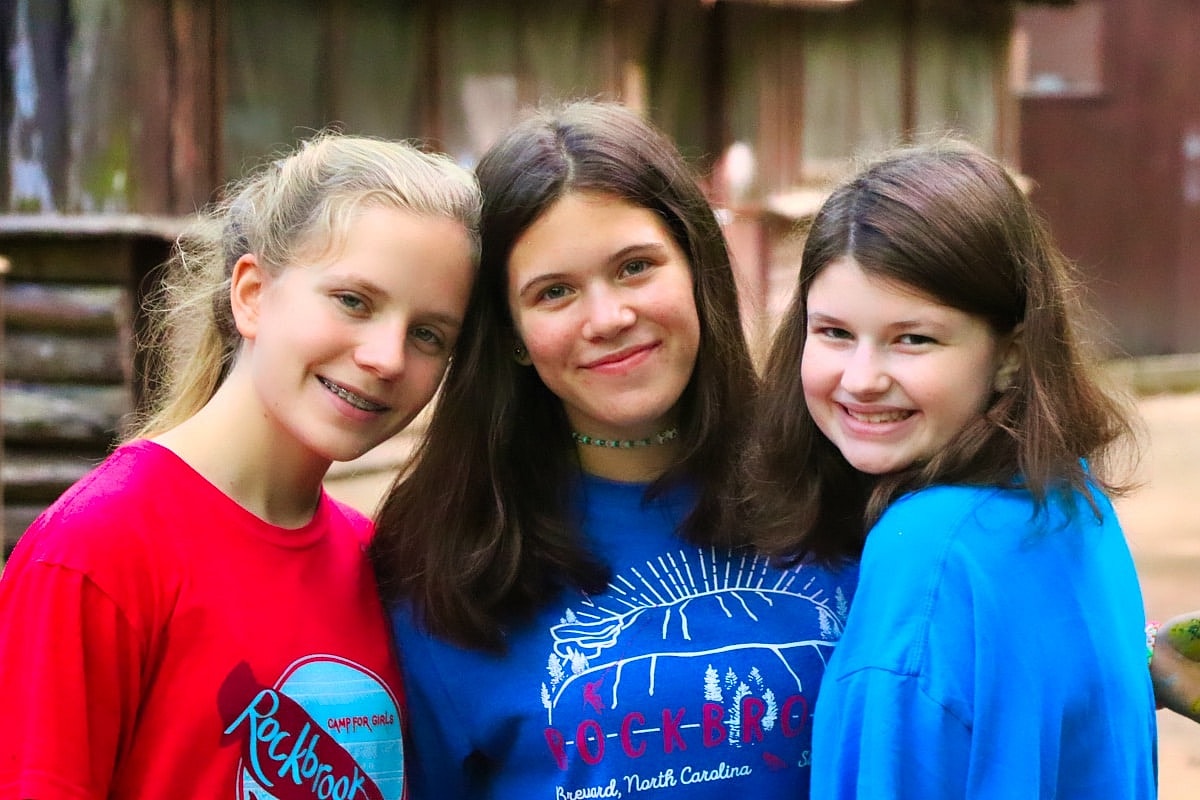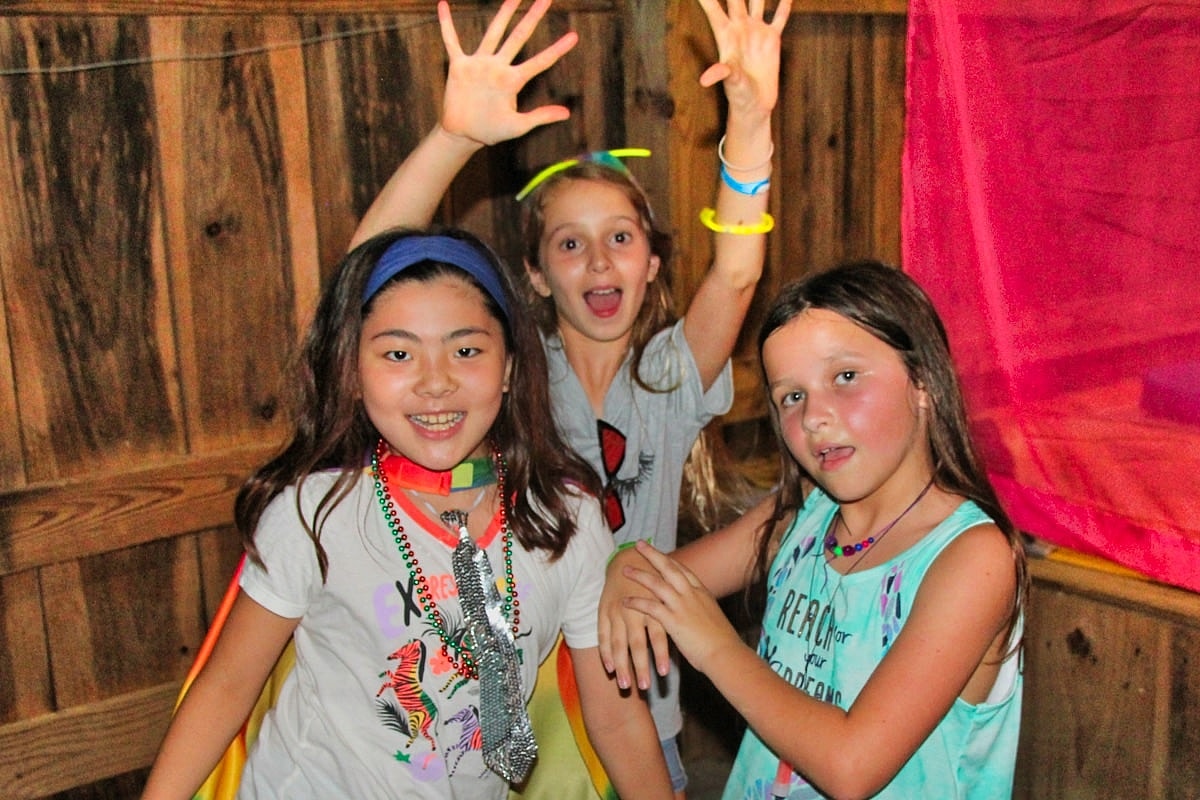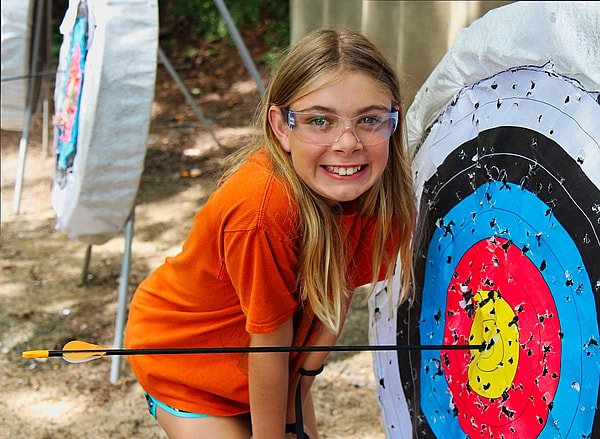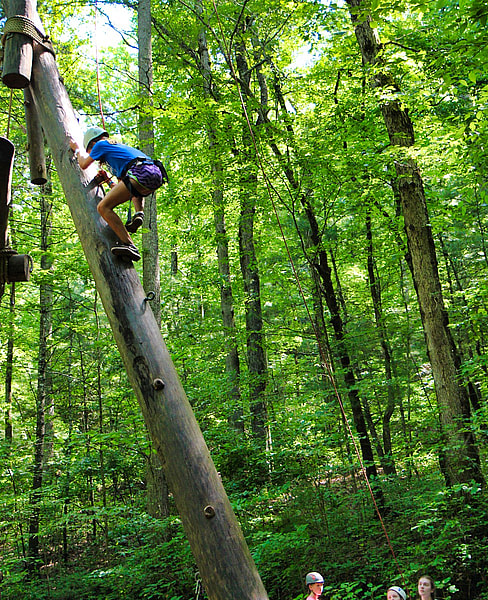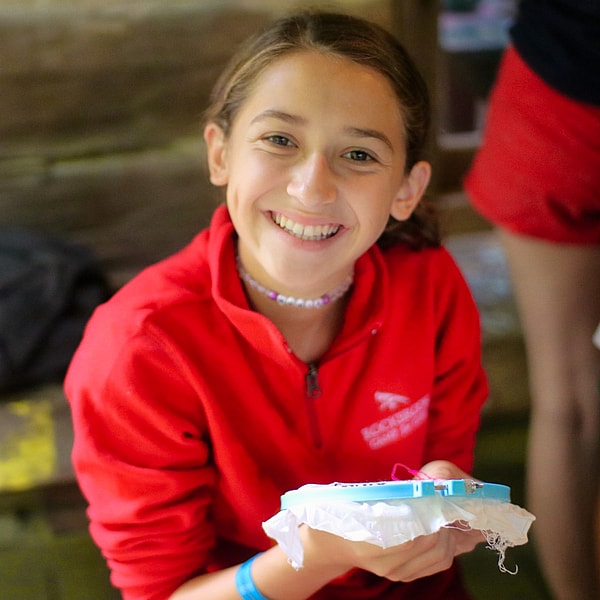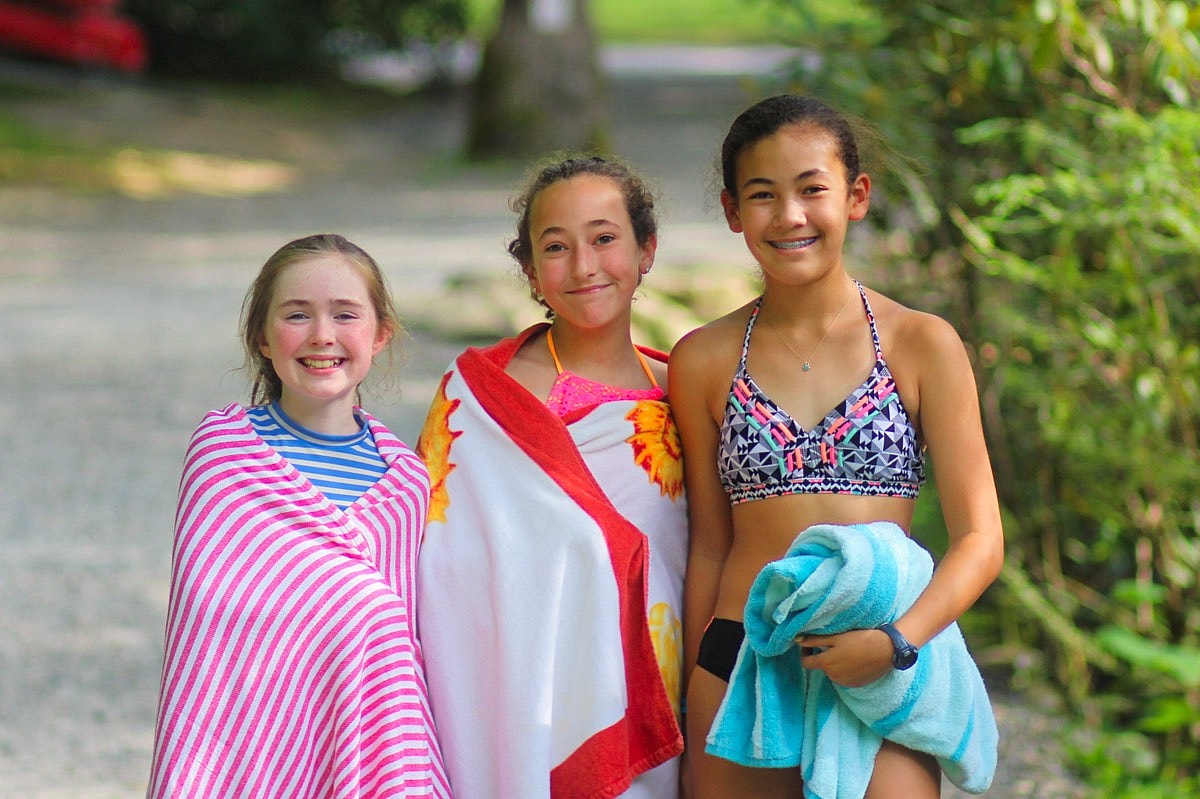What is a parent’s role in raising confident and successful children? What matters in a child’s life that helps them grow up and find satisfaction as an adult? What can we parents do to encourage the habits, character and understandings that children need as they face challenges later in life? We all want our kids to be successful grownups, but is there something specific we can do to give them the best odds?
These are the questions asked by Margot Machol Bisnow in her recent article, “I talked to 70 parents who raised highly successful kids—here are the 4 hard parenting rules that make them different.” The whole article is online here. In her research for writing a book about “raising an entrepreneur,” Bisnow identified several trends in how successful entrepreneurs were raised as kids. Their parents provided certain experiences that made a difference for these kids as adults.
When I spotted the article it was clear that summer camp, certainly at Rockbrook, aligns perfectly with all four of these “parenting rules.” Our camp philosophy and culture inspire these same experiences, which we hope encourages the girls here to grow and be more confident later in life.
Here are Bisnow’s 4 “rules.”
1. Give kids extreme independence
Kids need to practice acting independently. When faced with choices, we want our kids to make good decisions on their own, without the guidance of authority figures like parents and teachers. Camp is great for this! The kindness and support kids find in the camp community bolsters their confidence to act independently. Everyone here is making independent decisions, and finding encouragement to give things a go. And with “success” at camp being defined more as process than a particular “win,” there’s less fear of failure and a more joyful approach toward new experiences.
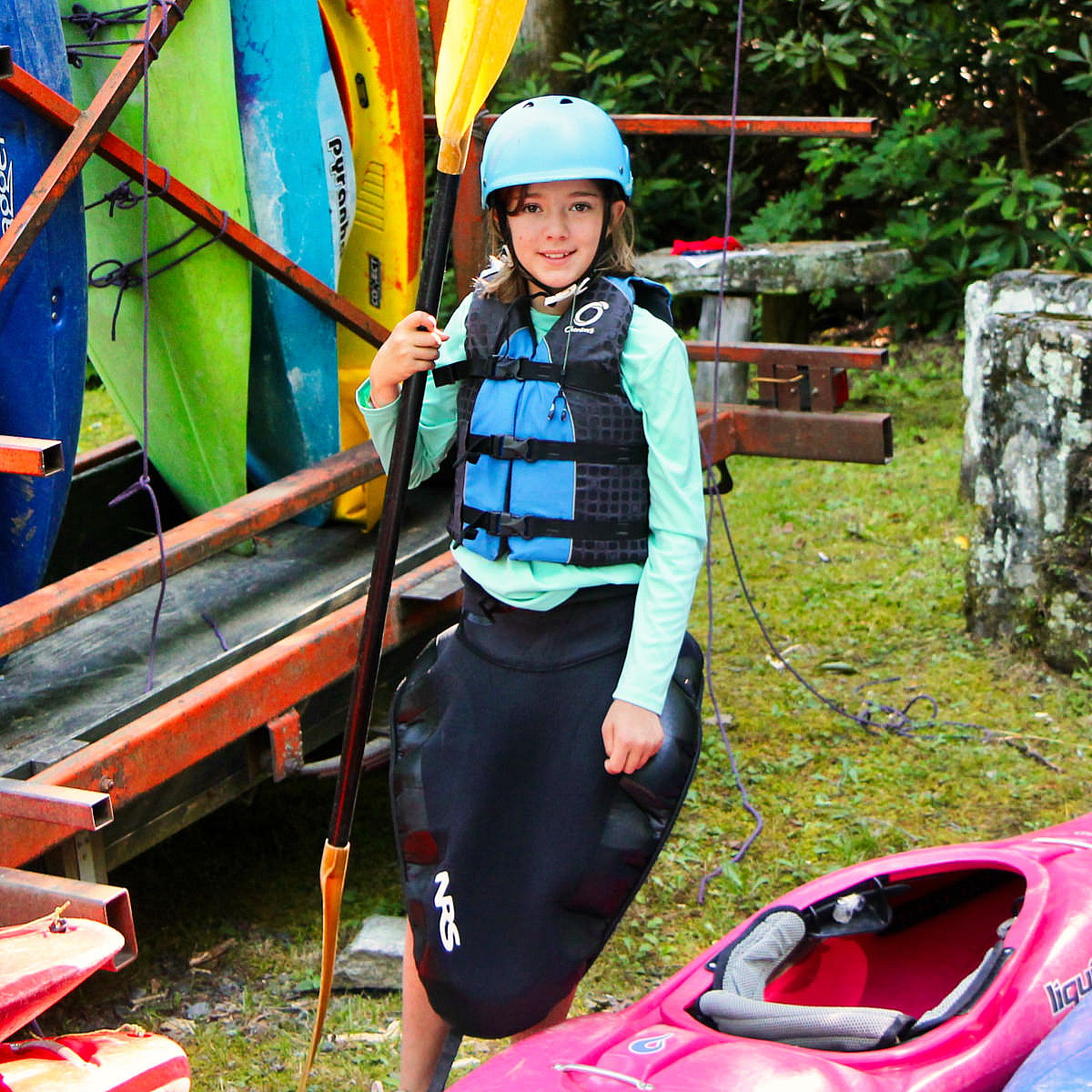
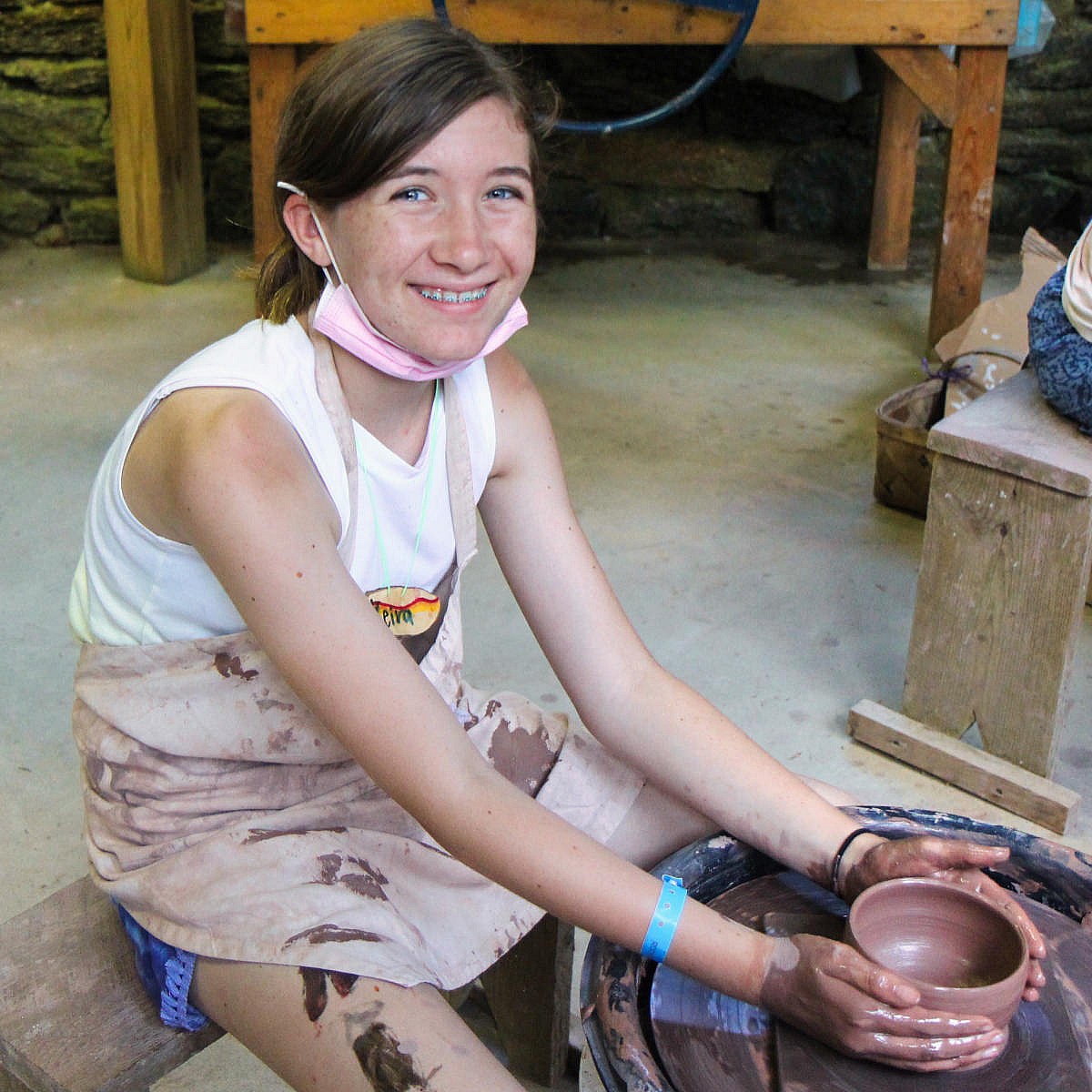
2. Actively Nurture Compassion
Bisnow suggests compassion is a character trait that correlates with being a successful adult. This means being aware of how those around you are feeling, and responding positively with a desire to help. It means being tuned into the needs of others. This kind of compassion goes a long way, and at camp, it’s the core of our community. Here at Rockbrook, we are all focused on caring for each other, pitching in to help, and being friendly to everyone. We work to keep others in mind when we make decisions. We strive to include people, and to be generous with our selves. This air of compassion at camp is one the main reasons it feels so good, so freeing, to be here.
3. Welcome failure early and often
Most adults don’t do well if they focus too much on avoiding failure, or on removing personal feelings of discomfort or frustration. Life is bound to present occasional setbacks, and often great opportunities include an obvious amount risk. But if we are to grow, we need the courage to accept those risks and to lean into challenges rather than to retreat to the comfortable and the familiar. Here too, camp teaches this lesson everyday by presenting girls with chances to go beyond what they’re familiar with. Everyone here is expanding their “comfort zone” by trying new things and meeting the challenges that presents. In this kind of caring community, “failure” is not even a concern. Instead, we’re resilient. We embrace the possibility that we might not “get it perfectly,” and just keep moving ahead.
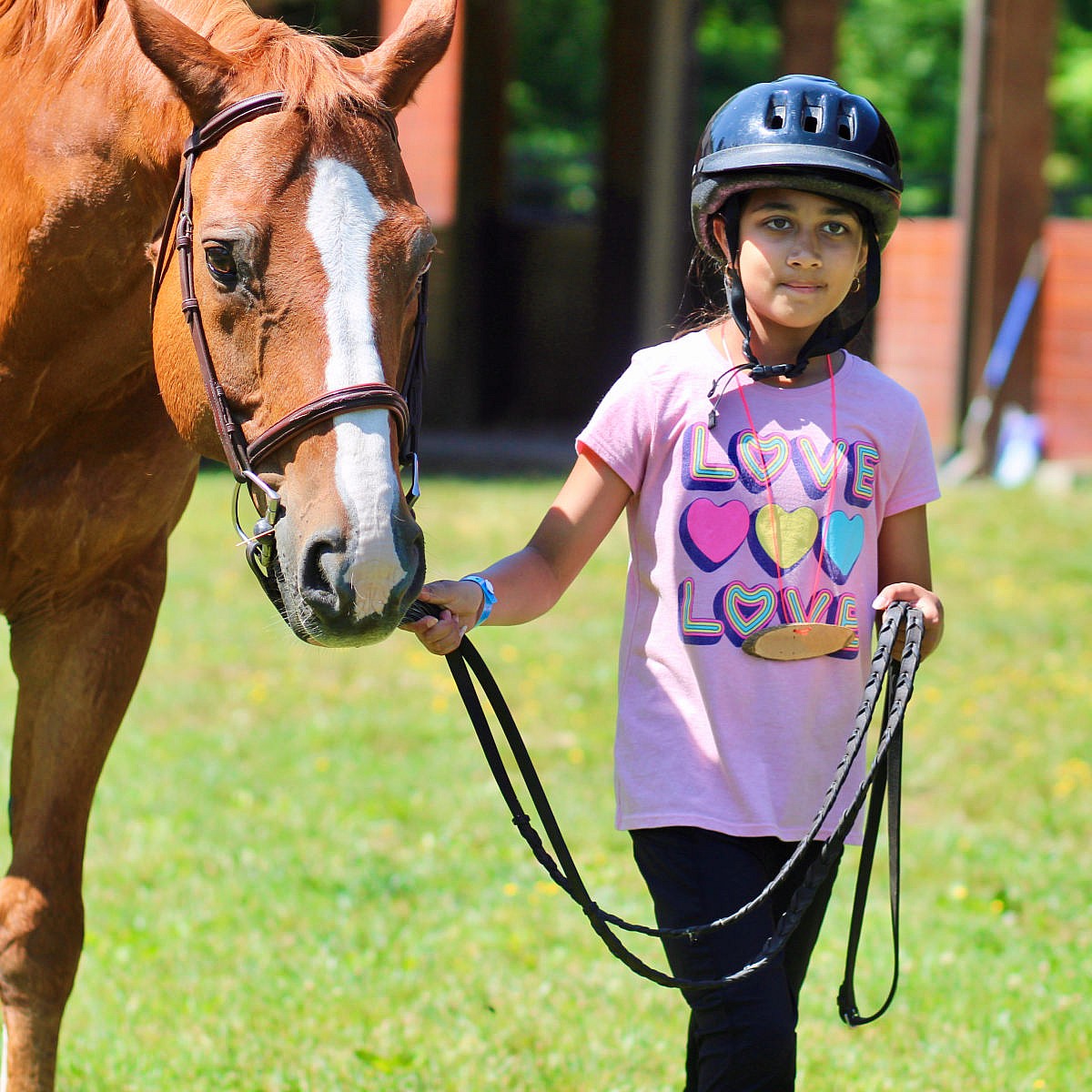
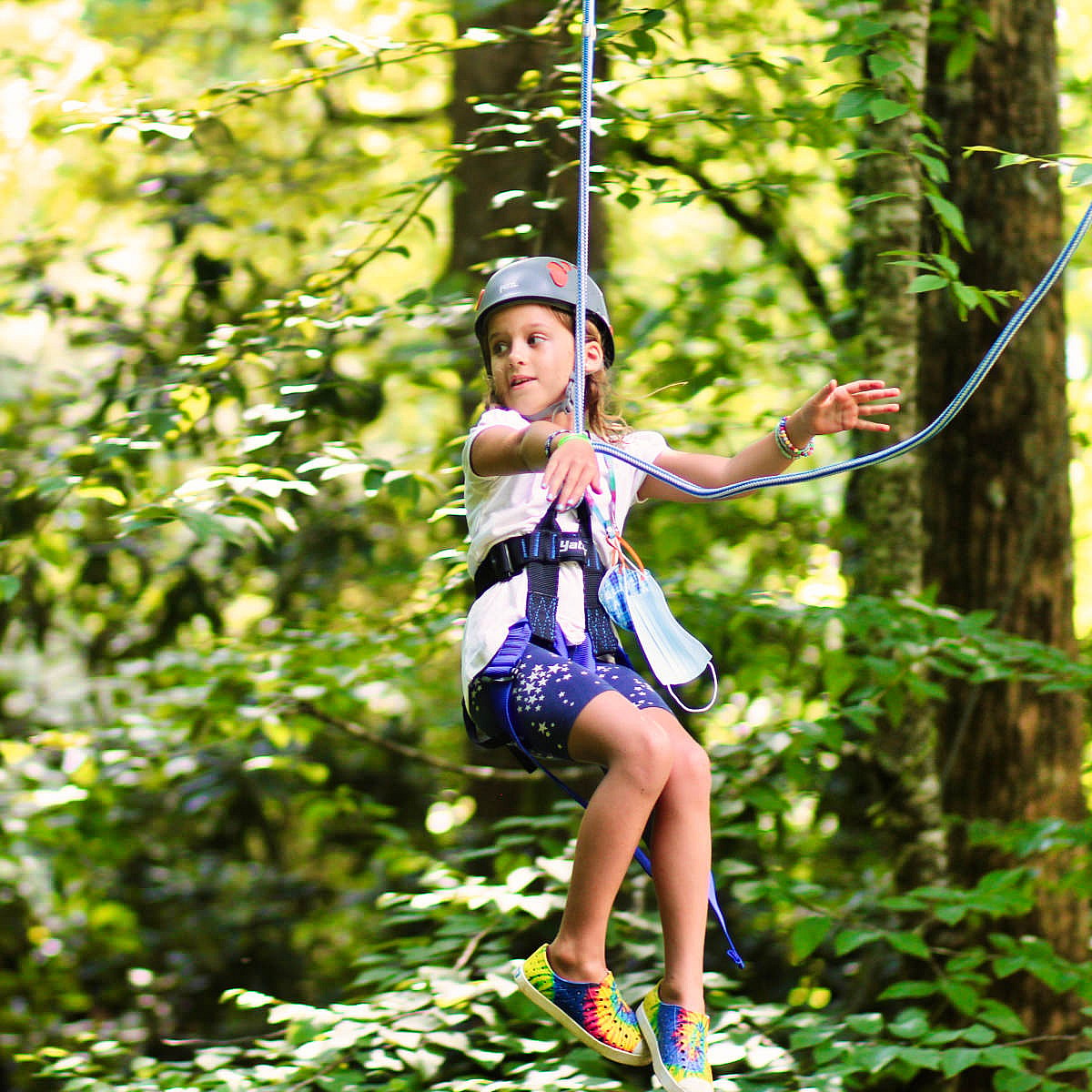
4. Let go of control and lead by following
Kids need space to explore who they really are. They need the freedom to reveal their passions and talents. They need to be trusted to understand themselves without too much outside pressure to be a certain thing. Camp is the perfect environment for this too. It’s supportive and actively accepting. We celebrate different interests and applaud every kind of creativity. Simply sending your girls to camp, letting them go, allows them to tap into this authenticity and to know they are still valued. This is a really empowering step on their path toward being strong, confident and well adjusted.
All four of these impulses are woven into our daily life at Rockbrook. It’s the type of community we have here—rooted in kindness and generosity —that makes this possible. It’s this safe and supportive environment that is ideal for kids to build these character traits, to grow personally and socially stronger, and to experience first-hand that being a little brave pays off. Of course the girls love how all this feels too. They’re eager to experience it and grow in these ways. At least partly, it’s what’s “fun” about camp.
And all of this happens away from their parents, which is the other crucial component here. Practicing these four “rules” can sometimes be hard at home (hard on the parents!), but at camp, they’re easy.
So is there something we parents can do to help our kids be more successful later in life? Is there a way to inspire them to be more independent, compassionate, resilient, and true to their authentic self? There is. You can send them to camp.


